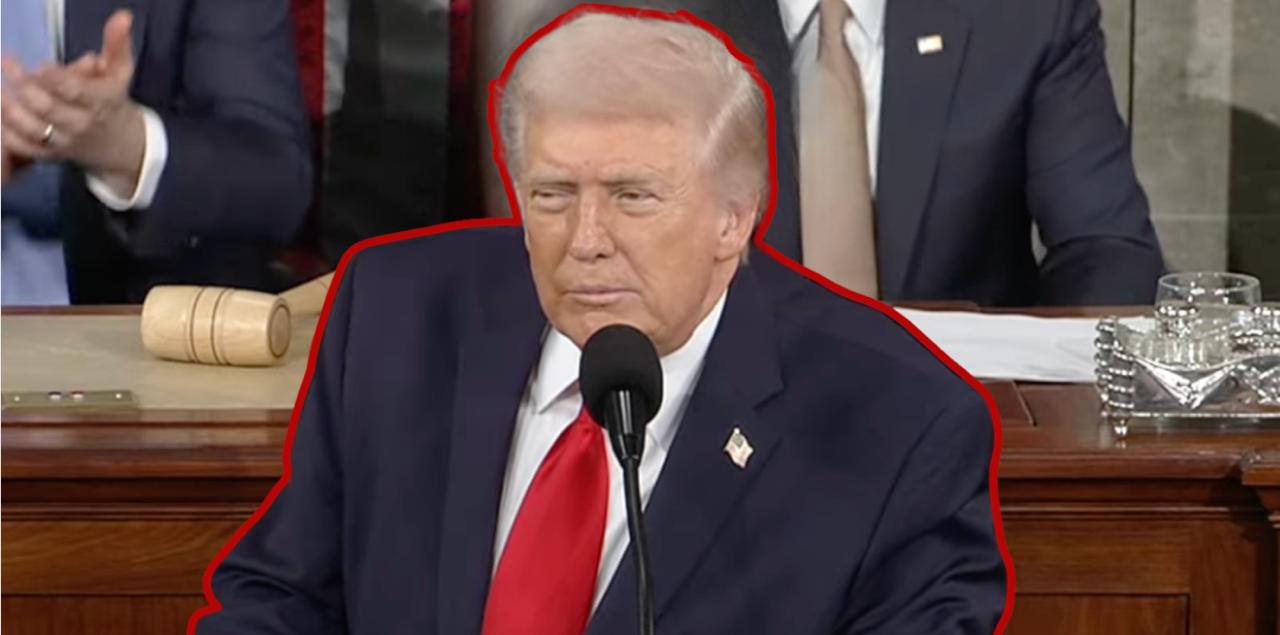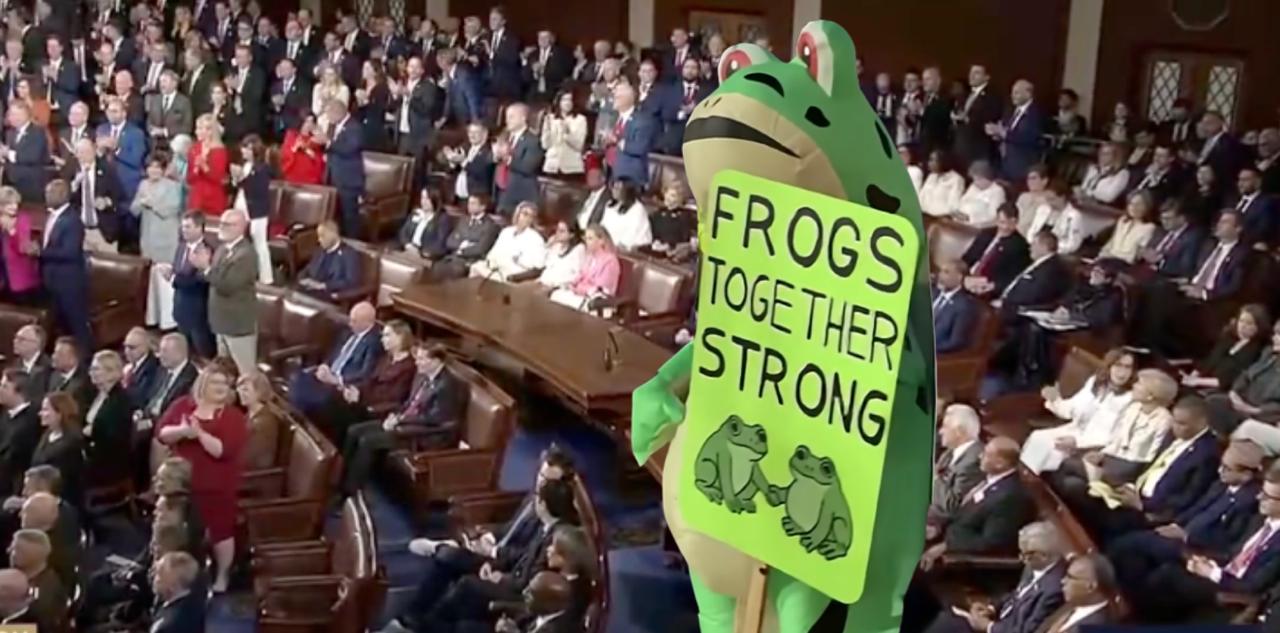If you stab a high school football player through the chest in front of his twin brother, the public response is quarter million dollars and a round of applause. That’s how much Karmelo Anthony, the 17-year-old accused of murdering Austin Metcalf at a Texas track meet, has raised through online donations. Not for the victim’s family but for his legal defense. And with every dollar, America proves something ugly. We are no longer a nation that condemns brutality. We sponsor it.
The details aren’t murky. Witnesses say Metcalf asked Anthony to leave his team’s tent. Anthony responded by reaching into his bag and warning, “Touch me and see what happens.” When Metcalf stood up and pushed him, Anthony pulled out a knife and drove it into Metcalf’s chest. He fled the scene as Austin collapsed, bleeding out in his brother’s arms. Later, when confronted by police, Anthony didn’t deny it. “I did it,” he said. This wasn’t self-defense. It wasn’t a scuffle gone wrong. It was a boy bringing a weapon to a school event, threatening to use it, and then doing precisely that.
But the story didn’t end there. It metastasized. Within hours of the stabbing, conspiracy theories began flooding social media. Fake accounts impersonating officials claimed Austin was a drug addict, that he died from an overdose, and that he’d been bullying Karmelo for months. None of it was true. “Beware of those taking to social media to spread misinformation, hate, fear, and division deliberately,” warned Frisco Police Chief David Shilson. But it was too late. The falsehoods had already done their work. The killer had lawyers. He had a fundraiser. He had a movement. What he didn’t have—what Austin no longer had—was a future.
Austin’s father, Jeff Metcalf, said he's forgiven the boy who killed his son. “God’s gonna take care of me; God’s gonna take care of my family,” he told NBC. It’s a powerful expression of faith. But personal forgiveness doesn’t mean justice has been served. And it doesn’t mean society should follow suit with open wallets. Forgiveness, when chosen freely, can be noble. But when society transforms that personal act into a moral shield for the killer, it becomes something else entirely.
This is suicidal empathy, a deranged perversion of altruism: the demand that the good surrender to the evil, that the victim offer his blood and then say thank you. The tragedy of Austin Metcalf’s death is compounded not just by the blade but by the culture that now asks his grieving father to help sharpen it. Forgiveness in this context has become a weapon. It’s being used not to heal but to erase. If a man accepts the ethics of altruism, he suffers the following consequences: he is never free to think, to judge, to feel, to act... he is forced to accept the role of sacrificial animal.
Karmelo Anthony, a young black teenager armed with a knife, takes the life of Austin Metcalf, a young white teenager, in broad daylight. Both boys' families collect hundreds of thousands of dollars, while donors call Anthony courageous and quote scripture in his defense. At the same time, the other has a fund set up to benefit his family because of his untimely death. Anthony is rewarded with moral absolution from a fickle public mired in identity and grievance politics, while Metcalf is forgotten in the mainstream media. It’s a disgusting display of perversion unworthy of the greatness of America. There is an obvious victim here, and it isn't Anthony.
Social media predictably turned the crime scene into a stage and the truth into nothing more than a prop. Fake accounts posing as law enforcement immediately began pushing lies that Austin Metcalf was a drug addict, that he died of an overdose, and that he had brutally attacked Karmelo first. All of it was false, but none of it mattered. In today’s poisoned media ecosystem, the narrative comes first, and the facts follow if they’re allowed to follow. With the right racial optics, even a killing becomes a kind of twisted performance art. The more outrage it generates, the more funding it attracts. Identity and grievance politics have created a moral permission slip for violence, especially when the perpetrator fits the narrative of a supposed oppressed class striking back at an imagined oppressor. Especially when race is involved, the facts take a back seat to the script.
What begins with moral confusion ends in moral collapse. When killing is seen as justified in the name of grievance, violence is no longer the exception. It becomes the goal. This mindset has moved from isolated tragedy into a statistical trend. A new report from the Network Contagion Research Institute found that over half of respondents on the political left said it’s justified to kill Donald Trump. Nearly half said the same about Elon Musk. More than 57 percent said it’s acceptable to destroy Tesla dealerships. This is the philosophy of destruction, and if we don’t get it under control, it will consume us all.
We must return to a standard where actions matter more than identities and justice is measured by truth, not tribal loyalty. Civilization cannot survive if it rewards killers and forgets the dead. It cannot stand if it teaches its children that violence is acceptable so long as the hashtags are on your side. The antidote to moral rot is moral clarity, the strength to say, “No, this is wrong, and no amount of narrative manipulation will make it right.”
Austin Metcalf was a son, a brother, a teammate, a young man with a bright future, and a fellow American. His memory deserves to be protected by the very culture that has instead turned its back on him. And if we can’t say with complete conviction that a boy who brings a knife to school and ends a life should be condemned, not rewarded, then we are not just losing our moral compass. We are choosing to abandon it. And if we’ve come to crown the killer and bury the innocent in silence, how long before the silence spreads and swallows us all?





